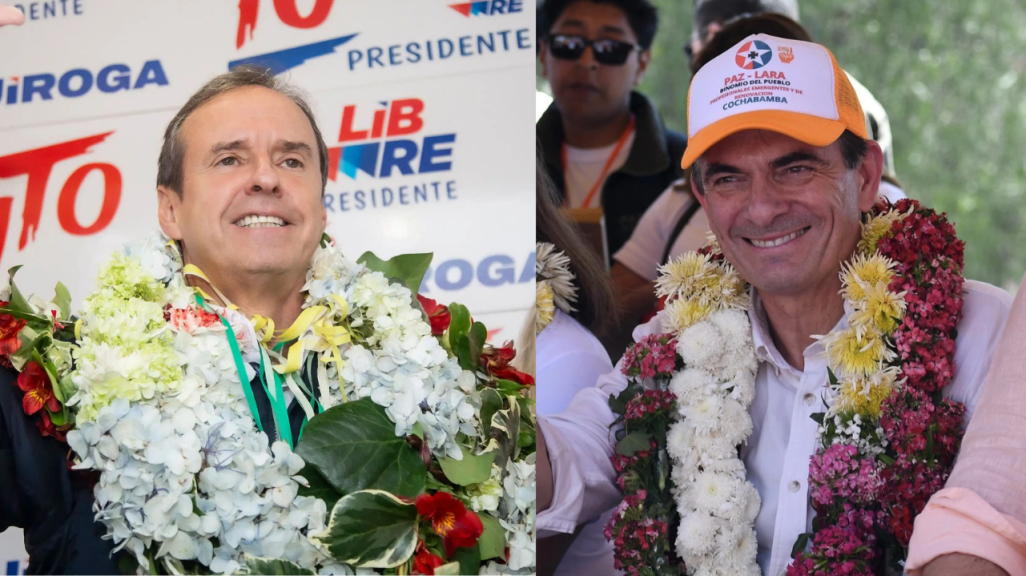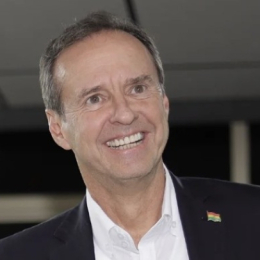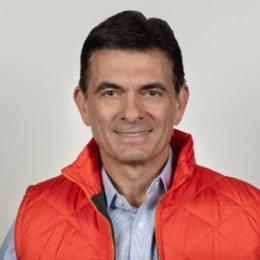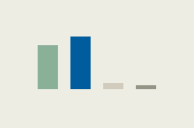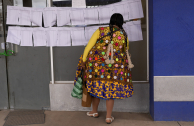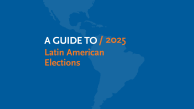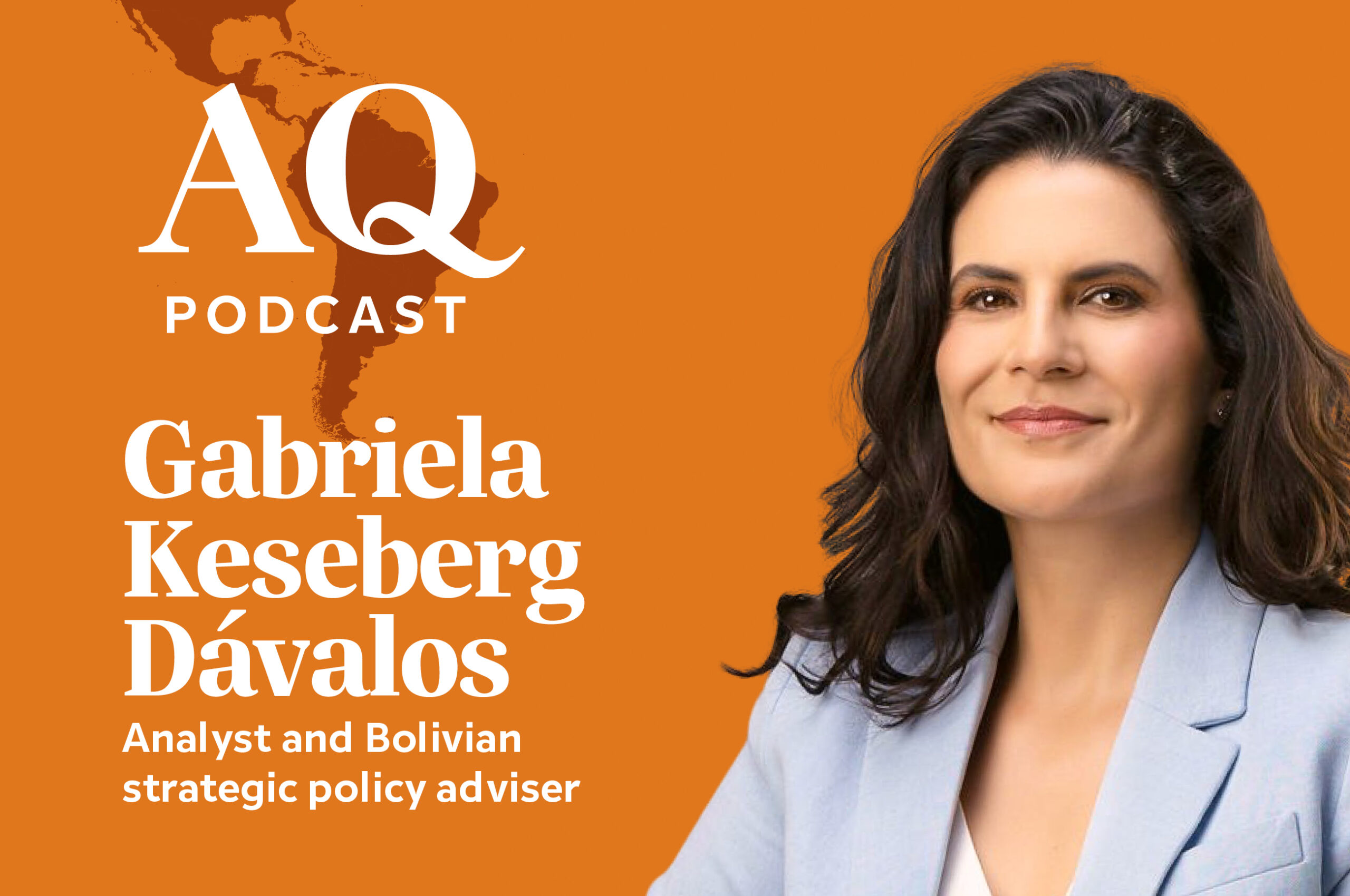Bolivia's 2025 Presidential Runoff: Comparing the Candidates
Bolivia's 2025 Presidential Runoff: Comparing the Candidates
Surprise finalist Rodrigo Paz faces off against ex-President Jorge “Tuto” Quiroga in an election ending two decades of MAS power.
Bolivian politics are heading in a new direction. In the August 19 first-round vote, amid a national economic crisis and political turmoil within the ruling party, the electorate largely abandoned the Movement Towards Socialism, or MAS, which has led the Andean country for nearly 20 years. Now, on October 19, voters will decide between two candidates considered to be on the right of the MAS—Rodrigo Paz of the Christian Democratic Party (PDC) and Jorge “Tuto” Quiroga of the Freedom and Democracy (Libre) Alliance—in the country’s first-ever presidential runoff.
Paz, a senator and son of ex-President Jaime Paz Zamora (1989–1993), was the surprise winner of the first round. He finished atop a crowded field of candidates with 32 percent of the vote share, despite not registering even 10 percent in voter intention polls. Quiroga, who had a year-long stint as president in 2001–2002, placed second with 27 percent of votes. Pre-election surveys had suggested Quiroga would face off against fellow conservative candidate Samuel Doria Medina, a businessman and former planning minister who garnered just under 20 percent support. Doria Medina endorsed Paz for the second-round vote.
The victor of the October 19 runoff will be inaugurated on November 8.
AS/COA Online compares the candidates’ political platforms and proposals to tackle the country’s key issues, including shortages of food, fuel, and U.S. dollars; high inflation rates; and the future of the lithium industry.
Either candidate—Rodrigo Paz or Jorge “Tuto” Quiroga—would mark an end to two decades of governance by the MAS.
Intersecting political and economic woes could end 20 years of MAS rule. We explore the presidential candidates and legislative competition.
AS/COA covers 2025's elections in the Americas, from presidential to municipal votes.







